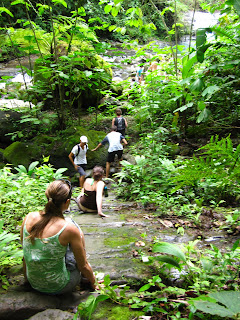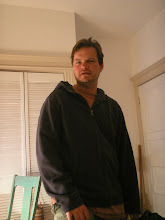
It turns out blogspot (as well as Facebook) is banned in China. So my plans to update the blog during the downtime in China went to hell in a hand basket. It is refreshing to think this blog is too hot for the PRC, though. I'm going to do quick summaries of the last three countries (Peru, China and Cambodia) before going on into the India experience.
Our visit to Peru was a one week enrichment activity, mainly consisting of hiking the Inca trail for four days, culminating in Machu Pichu. It was the first time I've ever hiked with porters, which made me feel a bit like an imperialist, but wow does it make life easier. Not only do they carry more weight faster than my 18 year old students, they also set up and break down camp, as well as cook and clean.
The major physical challenge was getting over the Warmiwanusca pass. At 13, 780 feet, it was far higher than anything I'd done before. I was constantly winded, but rarely felt like my legs were tired. I guess all the biking in SF finally paid off. I had bought two walking sticks, which made me feel old, until I was on the down hill. It really helped my knees, and confidence.
While Manchu Pichu was impressive, it was very crowded with tourists that had taken the bus there. It was also hot and mosquito saturated, so the experience wasn't everything I had hoped. Honestly, I was more impressed by the smaller Inca ruins near the trail, there were so few tourists it makes me wonder what else is out there just sitting on someone's ranch.








